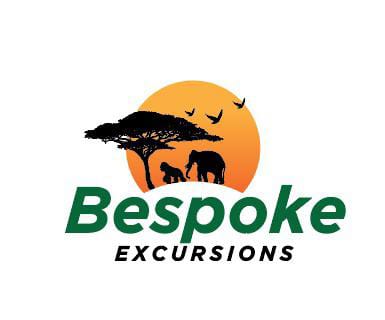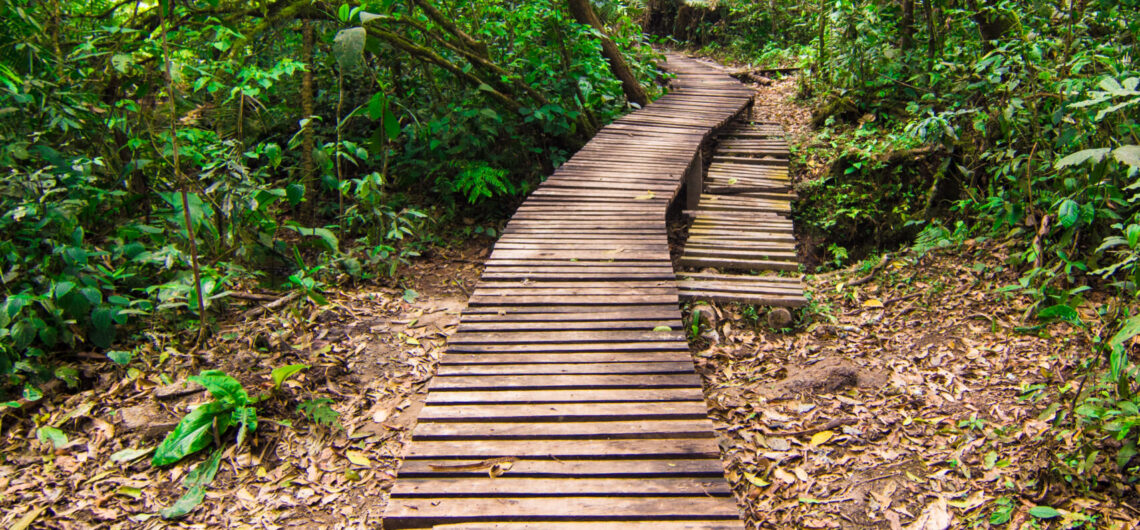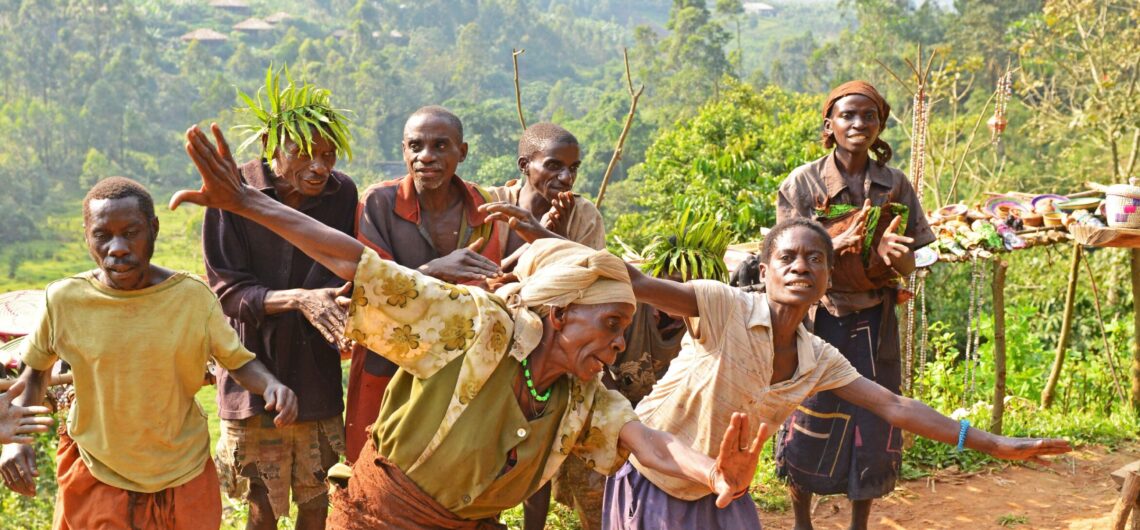Bigodi community walk kibale National Park
The Bigodi community walk parades an experience of deep immersion into breathtaking nature. The pathways through the moist, riverine, and evergreen vegetation offer visitors the opportunity to marvel at some of the most exciting creatures there are in Uganda. Bigodi Community is located in the Bigodi wetland on the outskirts of Kibale National Park.
Experience of the Bigodi community walk.
The Bigodi community walk presents the chance to indulge in the swamp walks that in an exceptional way allow the visitor to appreciate the natural endowments of Uganda. Visitors get to observe the various types of wetland vegetation that are good for photography and videography since they form a visually appealing scenery.
The community walk helps visitors participate in empowering local communities. Various visits are launched to the homesteads and schools in the community to help empower and inspire them. This is done through several humanitarian work that helps boost the lives of the locals.
While on the walk, guests can spot several primates especially the chimpanzees, black and white colobus monkeys, and the blue monkeys that enjoy wandering in the nearby forests.
Travelers also have the golden opportunity to learn about the cultures and traditions of the local people. The Bakonzo who inhabit the villages around have such an exciting culture.
They are such a hospitable society that always welcomes visitors and showcases their unique traditional dances as a form of entertainment to the visitors in their land. Such exciting moments make the trip worthwhile.
How the community walk is conducted and how much it costs.
The Bigodi community walk is conducted under the full-time guidance of a professional tourist guide. The guide is well-versed with information about most creatures in the area and other aspects of the community.
They gladly share information with the visitors ensuring that they leave the community informed and happy with their experiences.
Under the company of the guide, visitors follow the paths in the villages, and conduct visits to the local primary school, and churches on the traditional homesteads.
Through these visits, guests get to learn about the way of life of the locals and enjoy the folklore as told by the elders in society. The elders are entrusted with the activity of storytelling due to the experience they’ve gathered over the years and the fact that they are eyewitnesses of some past historic events they talk about makes it even more rewarding.
Other activities to do in Bigodi.
Bird watching. Visitors can bypass the Bigodi sanctuary which is a concentration for the East African endemic bird species. Guests therefore have the opportunity to stare at beautiful birds especially shoebills, Black and white casqued hornbills, black bee eaters, cinnamons, cuckooshrike, egrets, and African jacanas.
Local food experiences. Visitors to the community get the golden opportunity to test the local cuisine. They have a taste of yams, matooke, millet, and some local brew made from sorghum for those who wish.
Crater lake viewing. The community is close to the breathtaking crater lakes of Ndali and Kassenda. They are endowed with beautiful scenery which makes the place a nice one to be at, admire nature in its purity, and escape the noise of the cities.
How to get to the Bigodi community.
The Bigodi community can be accessed by road. Visitors undertake the travel to the community in comfortable safari vehicles that can make it through several terrain types.
Visitors drive along the Kampala – Mubende – Fortportal highway. The drive to the community takes about 4 hours and 53 minutes covering the distance of approximately 276 kilometers.
Bigodi Community is approximately 30 kilometers from Fort Portal City and about 6 kilometers from Kibale Forest National Park.
Best time to visit.
Guests willing to participate in the Bigodi community walks need to note that the community can be accessed at any time of the year.
However, it is equally important to note that the dry seasons offer amazingly incredible experiences and come off as the best seasons in which one can indulge in community walks.
The dry seasons usually occur from June to September making up the long dry season. Conversely, the short dry season is always on from December, and January up to February.


